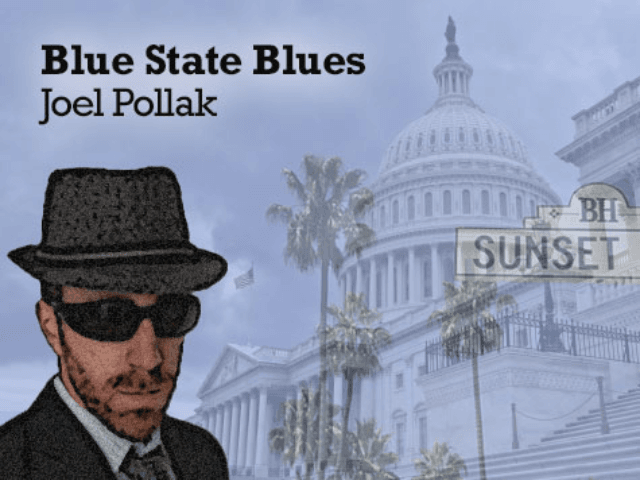President Barack Obama has announced a visit to Cuba next month. The Cuban regime has not improved its human rights record, nor has it made any democratic reforms.
In fact, there is a new flood of Cuban refugees to the U.S., and they are more desperate than ever before.
Obama claims “progress,” citing the fact that the U.S. re-opened our embassy in Havana, and more Americans are traveling to Cuba.
But the Cuban regime remains stronger than ever.
“Benghazi” Ben Rhodes, who is a White House deputy national security adviser with no national security credentials, wrote an essay on Medium attempting to justify the president’s visit.
While “we do not seek to impose change on Cuba,” Rhodes said, Obama wants the U.S. to change–namely, for Congress to “lift an embargo that is not to advancing [sic] the Cuban people’s individual well-being and human rights…”. Nothing is asked of Cuba in return for that concession.
The administration’s defenders claim that 60 years of isolating Cuba not only failed to encourage change, but made the regime stronger. But the regime was never truly isolated. It counted on communist support until the fall of the Soviet Union, and it has been able to rely on trade and tourism with Europe, Canada and Latin America since. Allies like South Africa, whose ruling party Cuba supported for decades, also helped. None of that made Cuba any more free.
There was an opportunity to unite the world against Cuba, and it arose on Obama’s watch, in 2013. Panama stopped a North Korean vessel traveling from Cuba, and discovered hundreds of tons of weapons aboard, a blatant violation of UN sanctions under UN Security Council resolutions 1718 and 1874.
The Obama administration, via UN Ambassador Samantha Power, “strongly” condemned Cuba’s role–but did nothing to enforce the sanctions.
It was a moment when Obama, who supposedly cares about nuclear non-proliferation, could have rallied the world to isolate Cuba–for real this time.
But as the Miami Herald suggested at the time, Obama backed down because he feared Russia and China would veto any punitive actions taken against Cuba.
(Another Democratic president, John F. Kennedy, showed much more courage in facing down the Soviets at the UN, who were then a far more formidable enemy.)
Instead of tightening the circle around a crumbling, illegitimate regime, Obama threw the Castros a lifeline.
Just months after Cuba was caught supporting North Korea, Obama shook Raúl Castro’s hand at Nelson Mandela’s funeral. Then came secret talks, and then policy changes–announced in defiance of the 2014 midterm elections, in which Obama’s party lost the Senate.
Since then, one unilateral American concession has followed another.
Thanks to Obama, the U.S. no longer talks about democratic change in Cuba. Secretary of John Kerry traveled to Havana and declared, “I feel very much at home here,” while millions of Cubans remained forbidden to leave. Kerry even excluded Cuban dissidents from the re-opening of the U.S. embassy, failing to use the smallest amount of leverage to send a message to the regime. Meanwhile, the Castros continue to assist America’s enemies brazenly.
Those who defend Obama’s policy argue that it is better to engage rogue regimes than to shun them. That may be true in some cases, but in the past, the U.S. engaged totalitarian regimes in ways that served our national interests.
President Richard M. Nixon went to China, despite its brutal human rights abuses (which continue today), because he correctly saw an opportunity to separate it from the Soviet Union, and to isolate that far more dangerous enemy.
There is no clear national interest in Obama’s outreach to the Cuban regime, other than Obama’s own vanity, and the same special interests that Republicans like Texas Gov. Greg Abbott served when he, too, went to Cuba last year and failed to meet with any political dissidents.
Obama wants to make history, but he wants to do it the easy way–by surrendering to tyranny, not by working hard to achieve our goals, including human rights and democracy.
If we are to engage with our enemies, it should be on our terms. We should force them to make choices that will, in the end, strengthen our own position.
A prime example was the Jackson-Vanik Amendment of 1974, which gave the Soviet Union important trade concessions–but only in return for improvements in human rights, particularly the freedom to emigrate. As former dissident Natan Sharansky notes, that deal slowly undermined the USSR.
Barack Obama, who casts his presidency as a step toward fulfilling “the long arc of justice,” has taken human rights off the international agenda, and has done so in a case where the U.S. actually had leverage to promote freedom.
Instead of “smart power” and diplomacy, he opted for capitulation to one of the world’s most repressive and dangerous regimes. He is skipping a visit to U.S. troops at Guantánamo Bay, which he likely considers worse.
Instead, he is looking forward to having “fun” on his visit to the leftist paradise. He reportedly “expects” to meet with dissidents as well, but don’t expect him to insist on it. (I hope I am wrong.) And which ones will he meet? Those jailed by the regime? Or those permitted to speak?
Mao Zedong is said to have remarked of the French Revolution: “it’s too early to judge.”
And so, too, with the Cold War. We thought we had won, but all it took was a leftist fellow-traveler to hand victory to the enemy.
This post has been updated.

COMMENTS
Please let us know if you're having issues with commenting.